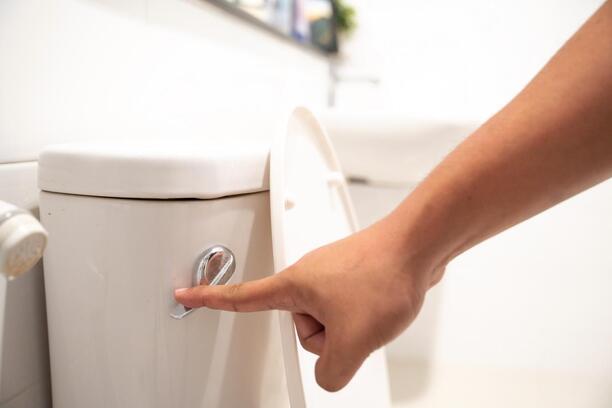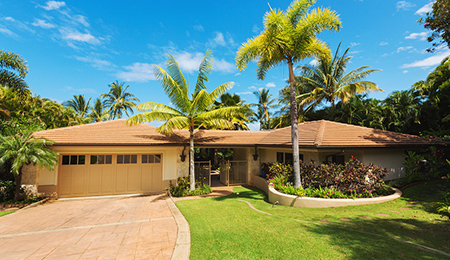
Understand your responsibilities when it comes to plumbing repairs.
When the toilet drains fail to flush, who’s responsible for having them fixed?
A clogged toilet is a household nightmare and probably the last thing you’d ever want to deal with. Imagine rising water levels and a frantic search for plungers. Amidst this flushing situation comes the question: who pays for the fix?
Unfortunately, the answer is not simple and can lead to conflict between landlords and tenants in their rented homes. While each situation is unique, the resolution of this issue is often determined by factors such as lease terms, local laws, and the cause of the clog.
To give you a clearer idea of how you can address this messy situation, I’ll provide you a breakdown of the responsibilities of the landlord and tenants when it comes to plumbing issues.
Duty of the Landlord
Generally, it is the responsibility of the landlord to maintain the property and keep everything in working order, which includes the plumbing system. This means that they should take care of clogs that are caused by the following:
- Waste build-up. Pipes can accumulate waste materials that lead to blockages over time.
- Deteriorating pipes. Old or damaged pipes might be prone to collapsing or developing cracks, causing clogs.
- Sewer line issues. These are problems with the main sewer line outside the property.
Overall, it is the responsibility of the landlord to have the plumbing system inspected to ensure that no pipes are blocked to cause any future issues.
Tenant’s responsibility
However, if the clog is caused by the tenant’s actions, the liability shifts from the landlord to the renter. This applies to the following situations:
- Misuse of the toilet. Flushing foreign objects, such as wipes, feminine hygiene products, cotton swabs, or even toys, can cause clogs and thus hold the renter accountable. Tenants are often required to follow the correct methods of disposal indicated in their leases.
-
Negligence. If the clog was caused by a lack of maintenance on the tenant’s property, such as failing to notify them of a minor leak sooner, they may be liable for the repair costs.
Consult your lease agreement and local laws.
Your lease agreement should have an outline of the specific responsibilities of both the tenant and landlord for plumbing issues. In the event that the lease agreement is unclear, clarify with your landlord or consult local regulations to determine who is responsible for the repair of your clogged toilet.
By understanding your rights and responsibilities as a tenant and keeping clear communication with your landlord, you can avoid any misunderstandings and undue costs. For any questions about property management or real estate in general, we are here to help. You can reach out to us by phone, DM, or email, and we’ll be happy to assist you.



